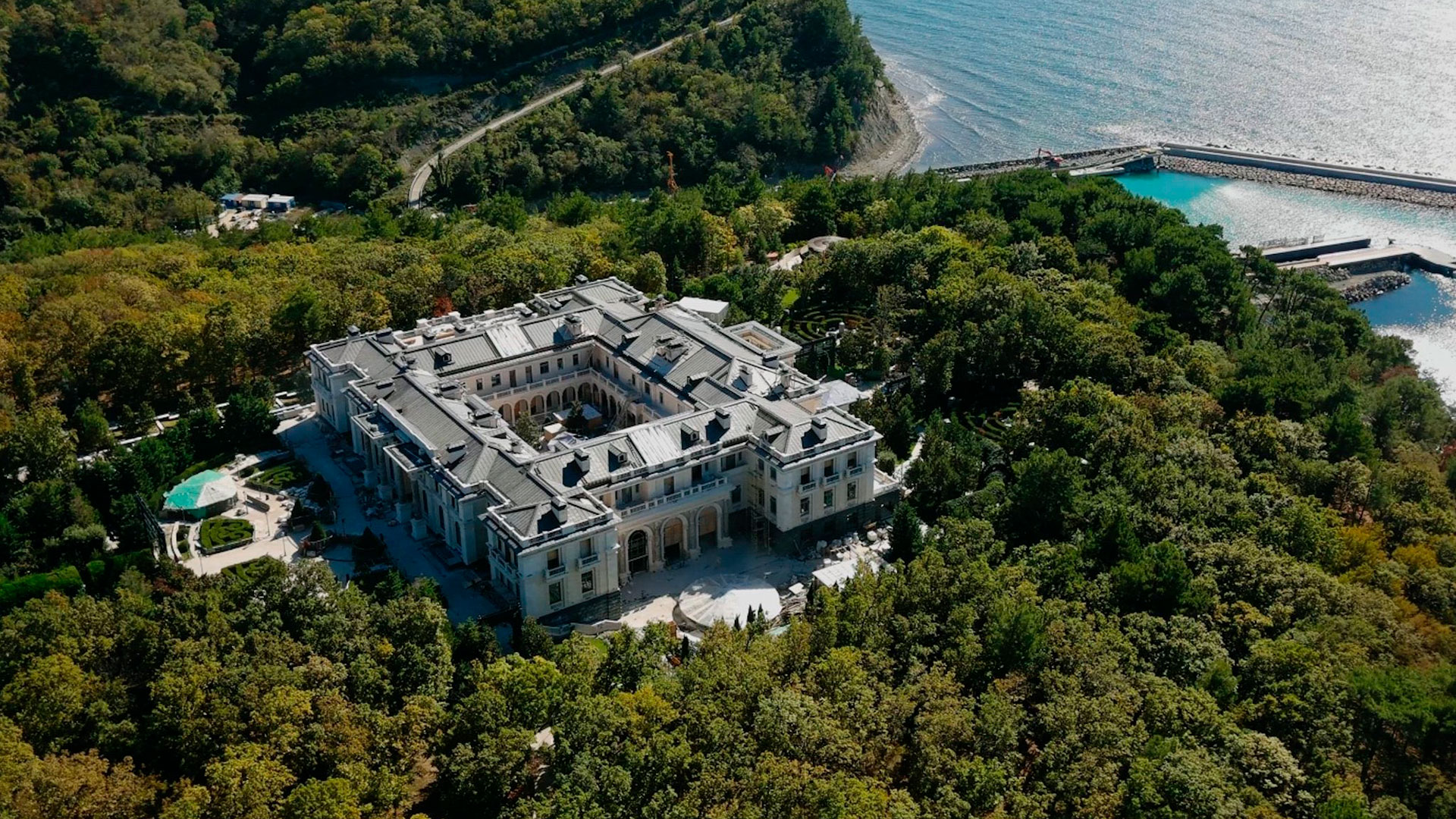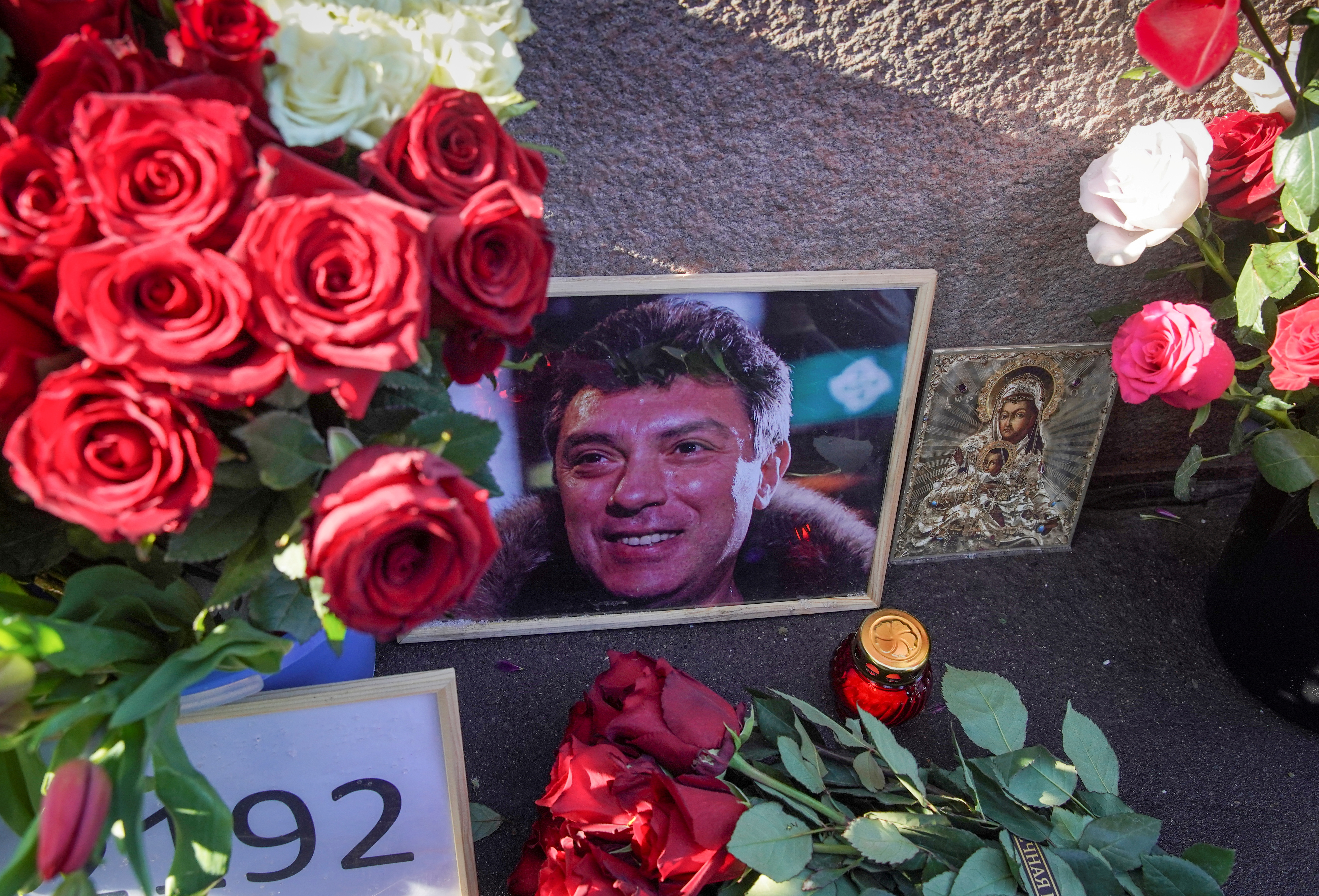
Buried in a 421-page legal file in a dark court case, there is a single sentence, offered almost as an afterthought, about a meeting at a restaurant in Geneva where two businessmen talked about “a yacht they had given to Mr. Putin”.
The passing reference, cited in a 2010 London judge's decision on a financial dispute involving a shipping company, is the rare public evidence that directly links President Vladimir V. Putin of Russia to any of the ships, planes or luxury villas associated with it. Over the years. It has taken on new meaning as US and European authorities pursue Putin's hidden wealth and people close to him in response to the Russian invasion of Ukraine.
But the British court document also has a clue as to why it has been so difficult to clearly connect the Russian president to his rumors of wealth. The yacht, called Olympia, was managed by a company in Cyprus, where corporate records show that the real owner was not Putin, but the Russian government.
In fact, it is one of many extravagant assets that have long been speculated to belong to Putin and are actually owned or controlled by the state, demonstrating how much the president's private interests and his inner circle have merged with those of the government he has dominated for two decades. Others include an expanding resort, a fleet of expensive cars, luxury airplanes and even more yachts.
The United States and its allies have created a multinational task force to track and confiscate the assets of at least 50 wealthy Russians, including Putin, and have announced rewards for information to aid in the effort. On Wednesday, officials announced sanctions against Putin's two adult daughters.
But some analysts question whether such actions will have much impact on the Russian president, who has never been found to possess much worth confiscating.
While there has been much public and media discussion that Putin's oligarchs and old friends might be secretly keeping valuable property in his name, or keeping their cash for him in offshore companies and Swiss bank accounts, many of his most obvious luxuries are embedded in state enterprises and in largely beyond the scope of Western sanctions.

Alina Polyakova, an expert on Russian foreign affairs who heads the Center for European Policy Analysis, said that because government resources and agencies were likely used to protect at least part of his alleged wealth, sanctions aimed personally at Putin were primarily symbolic.
“To get to it too, we would have to sanction the entire Russian government,” he said. “And, of course, there are reasons why Europe and the United States are not ready to do so.”
Economically blocking the entire Russian state would mean, for example, completely blacklisting Gazprom, one of the largest energy companies in the world and a major source of natural gas in Europe. So far, the company has only faced limited sanctions aimed primarily at restricting its purchases of certain debts and shares, even as global outrage over the apparent Russian atrocities in Ukraine grows.
However, Gazprom is listed in any calculation of Putin's possible wealth. Although luxury real estate seems to have little to do with its primary mission, the state-owned gas company built a luxurious hideaway that the Russian president enjoys in the Altai mountain region of Siberia. Despite claims that the project was not related to the Kremlin, a report co-written by a former deputy prime minister and Putin critic, Boris Nemtsov, noted that the place “was provided with security by the FSO,” the federal protection service assigned to the Russian president and other high-level officials.
The mountain resort was among the 20 properties described in Nemtsov's 2012 report as being available to Putin, along with dozens of luxury aircraft, four yachts and 11 wristwatches with a retail value of nearly $700,000, all allegedly paid for with public funds.
Nemtsov was killed in 2015 with a shot in the back while crossing a bridge in front of the Kremlin.
Due to the efforts of the few independent news organizations operating in Russia before the recent crackdown on freedom of expression, as well as opposition voices such as Nemtsov and Alexei A. Navalny, the notion that Putin is living large on taxpayers' money is no secret. The Kremlin has long denied that it lives above its means: officially, it collects a salary of about 140,000 dollars and has a small apartment in Moscow. But his spokesman told a Russian newspaper, in response to Nemtsov's allegations, that the Russian president also uses state residences and vehicles “in accordance with the law.”
The presence of Putin's protective detachment has been seen as a tell-tale sign of its hidden links with various extravagances. Sergei Kolesnikov, a former business partner of a Putin ally, wrote an open letter in 2010 stating that government funds had been diverted to help develop a billion-dollar Black Sea property that became known as “Putin's palace.”

An investigation published last year by Navalny, the imprisoned opposition leader, found that the palace had been guarded by members of the federal protection service and that Russia's internal security agency, the FSB, had at one time imposed a no-fly zone on it.
More recently, Navalny's team reported that it had linked crew members of a superyacht valued at $700 million to the same Kremlin protection group, amid speculation that the vessel, whose property is hidden by fictitious companies on the high seas, was secretly used by Putin. The 459-foot yacht, called Scheherazade, has two helipads and is crowned by a group of satellite domes. It is currently in dry dock in Italy.
“If the owner of the yacht cannot be identified, it is an offshore company from the Marshall Islands, we will try to establish who works on it and who pays them wages,” Maria Pevchikh, a member of Navalny's team, said in a video describing the investigation.
The New York Times, which was the first to report that US officials had indications that the yacht could be linked to Putin, has not been able to independently confirm Navalny's team's findings about crew safety connections, and US officials refused to specify what information they had. That could break the veil of corporate secrecy surrounding the vessel's offshore ownership.
In fact, many jurisdictions have traditionally offered not only tax advantages to asset management through offshore structures, but also company registrations that make it difficult, if not impossible, to publicly identify final owners. It is mainly through leaks from law firms specializing in these services that wealthy Russians have been found to be frequent customers.
And sometimes the Russian government itself is the beneficiary.
Leaked files known as Paradise Papers, from the Appleby law firm in Bermuda, revealed overseas projects on behalf of several Russian state-controlled companies, including VTB Capital, an investment bank, and Gazprom. Another involved the purchase of a private jet Bombardier Global 6000 for $53.9 million by an obscure Cyprus company, Genetechma Finance Ltd.
Appleby's records show that Genetechma was ultimately operating on behalf of VEB, a state-owned economic development bank with links to Russian intelligence. VEB, whose president would have used private planes, controlled Genetechma, based in Cyprus, through a subsidiary in Luxembourg.
A different Cyprus company emerged in the chain of ownership of the yacht Olympia, whose connection with Putin appeared in British court documents. The litigation involved intricate allegations of self-negotiation between executives of several Russian shipping companies, including Sovcomflot, whose majority owner is the Russian government.
In a London court decision in 2010, Judge Andrew Smith described how several players involved attributed their positions of influence to having “a good relationship” with Putin and, in one case, recalled a meeting at Lipp Brasserie in Geneva where Olympia's gift to him was mentioned. The yacht, which cost between $35 million and $50 million in 2002 and was supposedly equipped with marble baths, extensive gilding and a hot tub, was said to be “managed by Unicom”, a company based in Cyprus.
The corporation's records in Cyprus, which in recent years has become more rigorous in demanding transparency of ownership, show that Unicom was owned by a Bermuda company, whose “ultimate parent corporation” was a state-owned shipping company in Russia.
The last time the Olympia, which sails with license plates of the Cayman Islands, was in the Baltic Sea, near St. Petersburg.
Keep reading:
Últimas Noticias
Debanhi Escobar: they secured the motel where she was found lifeless in a cistern
Members of the Specialized Prosecutor's Office in Nuevo León secured the Nueva Castilla Motel as part of the investigations into the case

The oldest person in the world died at the age of 119
Kane Tanaka lived in Japan. She was born six months earlier than George Orwell, the same year that the Wright brothers first flew, and Marie Curie became the first woman to win a Nobel Prize

Macabre find in CDMX: they left a body bagged and tied in a taxi
The body was left in the back seats of the car. It was covered with black bags and tied with industrial tape
The eagles of America will face Manchester City in a duel of legends. Here are the details
The top Mexican football champion will play a match with Pep Guardiola's squad in the Lone Star Cup

Why is it good to bring dogs out to know the world when they are puppies
A so-called protection against the spread of diseases threatens the integral development of dogs




